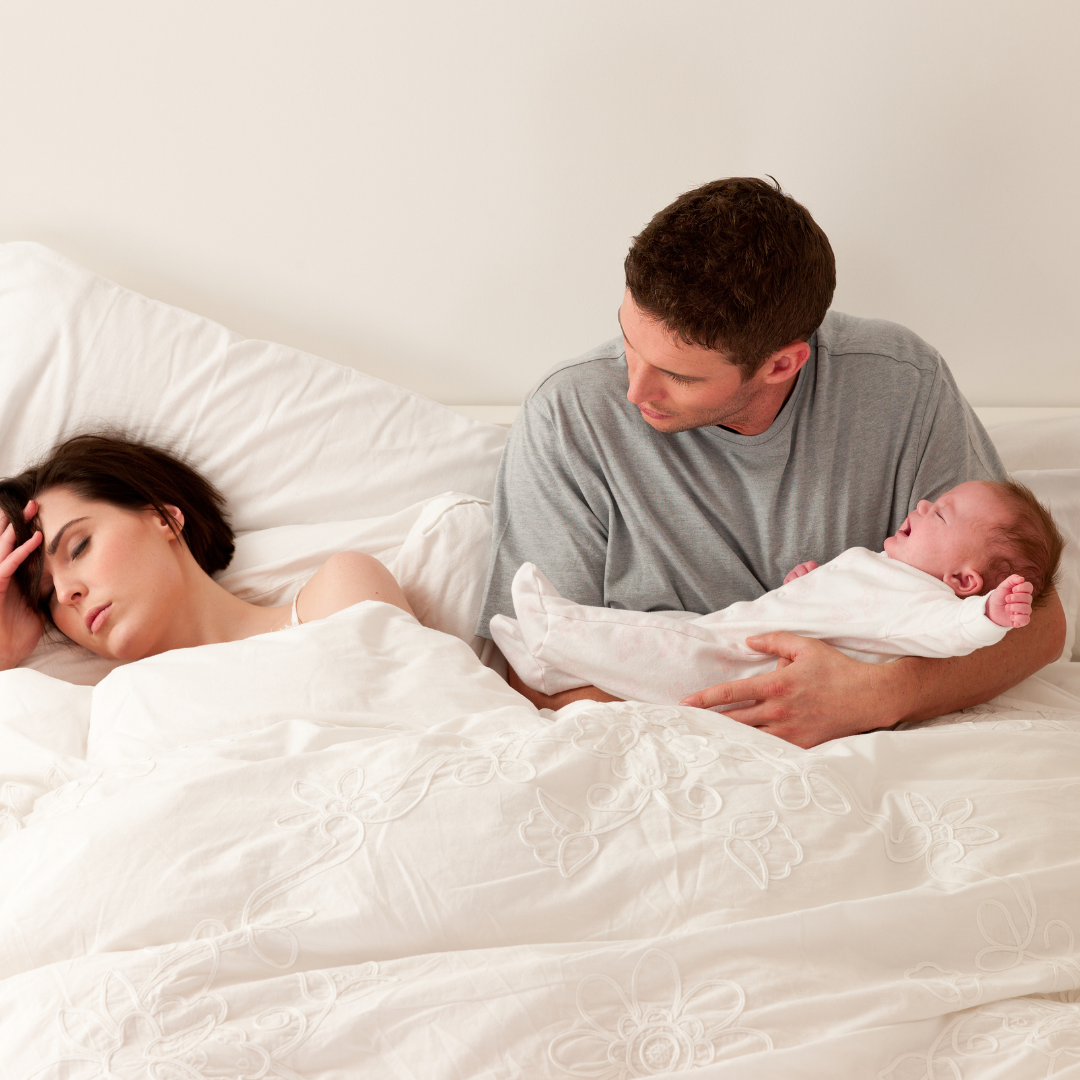Grieving Your Birth or Breastfeeding Hopes
The word trauma has only recently been used to describe some women's experiences of birth and breastfeeding, yet childbirth and the postnatal period have long been the most risky stages of female life and - in the past and sadly in some parts of the world today - a matter of life and death.
While some populations in the modern world no longer fear death as an outcome of birthing or lactation, they face a new threat to their mental health.
Late 20th century, women took back some control of the birthing space. No longer accepting the oblivion of drugs used to induce a “twilight sleep“, drug free birth became the goal in the 70s and 80s, led by advocacates like Frederick LeBoyer, Sheila Kitzenger, Michel Odent and more.
Women wanted empowered birth, unmedicated birth, natural birth. Active birth, Lamaze birth. Calm birth, hypno birth. Home birth, water birth. Free birth.
Most of all, women want Their Birth. The one they have painstakingly planned, attending classes, reading books and researched. The one they have been assured they can have.
And following the birth, they will breastfeed exclusively for six months before introducing carefully prepared foods and continue to breastfeed until the first, second birthday as advised.
From Boomers to Miliennials, never have women had so much control over when and how they would have children. From the contraceptive pill to IVF to social acceptance of single mothers and same-sex parents their has never been a better time than the past six decades.
Except that the support and services women need to achieve their birth and breastfeeding goals are often not there when needed. A cascade of Intervention has led to record caesareans. Improvements in breastfeeding rates plateaued and fell as marketing of breastmilk substitutes, reduced postnatal support and inequalitable maternity leave make it challenging to reach global or national targets, let alone personal ones.
When aspirations are so high and achievements are so low the experience is likely to be traumatic. Self-blame, anger and grief are rare and real, yet largely ignored.
Anxiety and depression in women before and after childbirth are finally getting the support they need but very rarely are women asked how they feel about the experience of birth and breastfeeding.
Recommended resources:


